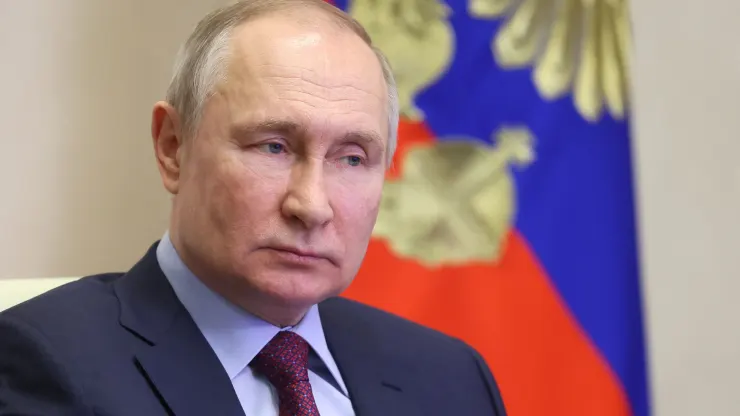
Ukraine war live updates: Moscow unrepentant after suspending nuclear arms treaty with U.S., with officials saying it was ‘overdue’
The war in Ukraine continues to dominate global geopolitics this week, with the one-year anniversary of Russia’s invasion fast approaching.
Officials in Moscow appeared bullish about Russian President Vladimir Putin’s announcement on Tuesday that Russia was suspending its participation in the New Start nuclear arms control treaty with the United States. It’s a pact that limits the two sides’ strategic nuclear arsenals. U.S. Secretary of State Antony Blinken later dubbed the decision “deeply unfortunate and irresponsible.”
The announcement by Putin came on a day of high-profile speeches by the Russian president as well as U.S. President Joe Biden. Neither leader showed any intention to back down from their opposing positions on the war.
Putin claimed Ukraine and the West had provoked the conflict with the expansion of NATO and new European anti-rocket defense systems. Later, Biden reaffirmed his commitment to supporting Ukraine militarily and said Moscow would “never” win the war.
Earlier this week, Biden met with Ukrainian President Volodymyr Zelenskyy and announced a new military aid package worth about $500 million.
Latvia’s President Egils Levits said the conflict between Russia and Ukraine can end only when Russia withdraws its troops from Ukraine and returns to its own internationally recognized borders.
“Without that, the conflict cannot end … it’s clear that the aggressor should go back, obviously,” he told CNBC’s Steve Sedgwick Tuesday.
Levits said that Russia poses a dilemma for the West because of its aggressive ideology, and that the West made a mistake in not reacting to earlier provocations by Moscow in Ukraine, with the annexation of Crimea in 2014, and nearby Georgia, which Russia invaded in 2008 in a bid to support pro-Russian separatists.
″The lack of real reaction after the Russian attack [on] Georgia in 2008 led to the next attack against Ukraine in 2014, [where there was] also a very weak reaction,” Levits said. That led to the 2022 invasion of Ukraine, he noted, adding that “we should not make this failure again, to not react.”
— Holly Ellyatt
